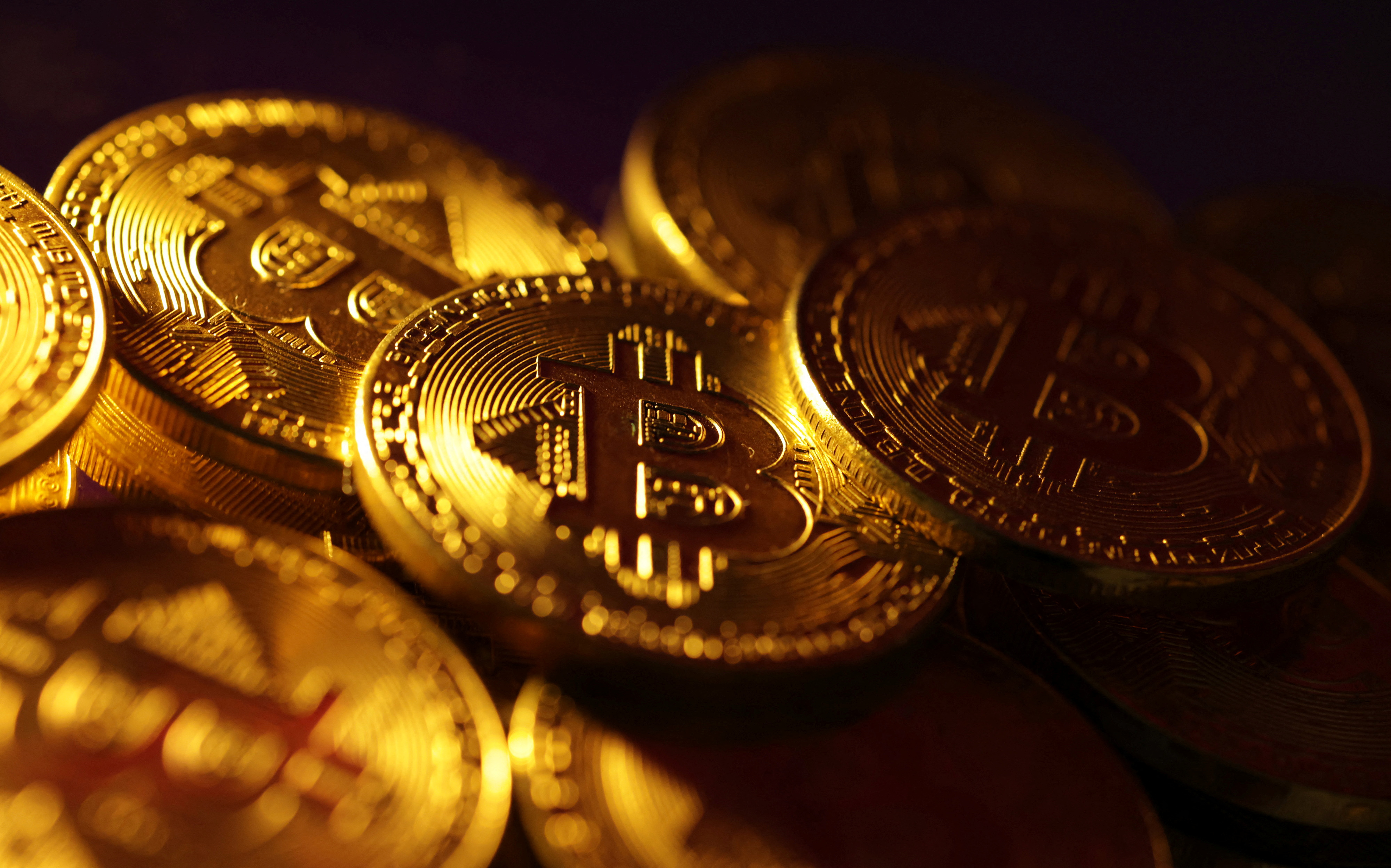this post was submitted on 29 Oct 2023
144 points (93.9% liked)
Very Real Tech Pics
1257 readers
1 users here now
There's no place like 127.0.0.1
founded 1 year ago
MODERATORS
you are viewing a single comment's thread
view the rest of the comments
view the rest of the comments

Just wait until you hear how the balance of your bank account works.
It's represented digitally, like Bitcoin. However, at the bank, I can withdraw real physical currency and put it in my pocket.
If you can dominstrate the destruction of a dollar bill, that value can be reinstated to you, and put back into circulation. It happens periodically, most people don't bother going through the process.
The value store is referenced by the bank note you have in your pocket, the note itself is not the store of value.
A physical bitcoin would be a representation of an asset, and because of the physical notion of the token, you can't maybe guarantee that the value has not been spent and you just aren't holding a key to an empty wallet. People might even be willing to trade you goods and services for it though, being unaware of the properties of the instrument, though.
We'd never see such a mechanism with USD, though, right? It's DIFFERENT, right?
wrong
Money is strange, and people make a lot of incorrect assumptions about it. And that's just the money we all know and are used to. Considering how little most people understand the money they've used their whole lives, it's no surprise that people are even more confused about Bitcoin
Eh, I think this is a straw man argument. Yes, accidents happen at the US mint, but if someone handed me a US dollar, I can probably correctly assume that it's real money. The US mint decides what a US dollar looks like, and regularly produces physical currency. The Bitcoin creator didn't create a physical coin. As an analogy to the hobby coin, I could put a US dollar inside an Altoids tin and call the tin a currency. The tin isn't money, just like how the coin is not money.
You could argue that a US dollar is represented by its serial number, which is true. However, if I took a real dollar, copied the serial number, burned it, and created my own dollar at home with the same serial number, I would be committing a federal crime. The originality of the official US currency matters, and the physical money represents real value. I cannot spend or deposit a US dollar online by the serial number, for example.
"But it's against the law to do that" isn't an argument for what something is or isn't. In the same way that the value and representation of dollar bills and the currency they are tied to is governed by a system of law (a "protocol" if you will), Bitcoin also blah blah blah.
Don't get me wrong: printing physical coins representing Bitcoin wallets is retarded.
My actual point is that cash is also intrinsically problematic for many similar (and sometimes identical reasons). If the government can void the value of your cash, then it isn't really yours. And they can. If they can print more at will and dilute the pool, having your cash in your mattress doesn't protect it's value either. And they do.
Again, a much more fundamental issue when discussing what BTC is or isn't, isn't generally people's misconceptions about BTC. It's that their frame of reference, being fiat currency, is already intrinsically flawed. People actually believe their cash is their money, and it isn't.
Well said
With this argument, there is a Bitcoin napkin, or a Bitcoin plastic flamingo. Perhaps I should have specified that the coin should be minted by an official authority with Bitcoin, but I figured that was implied 🤷♀️
Who do you imagine could be such an official authority for Bitcoin?
^ MVP right there.